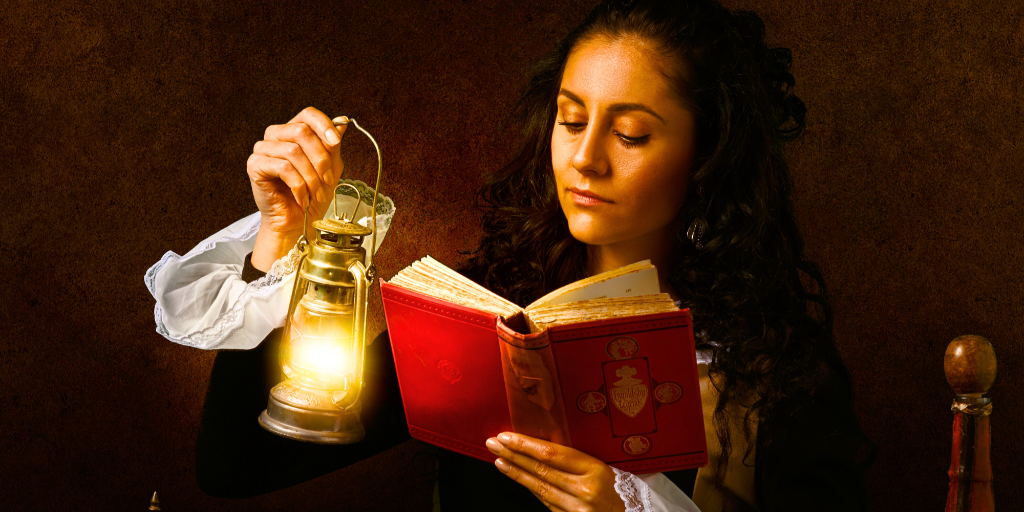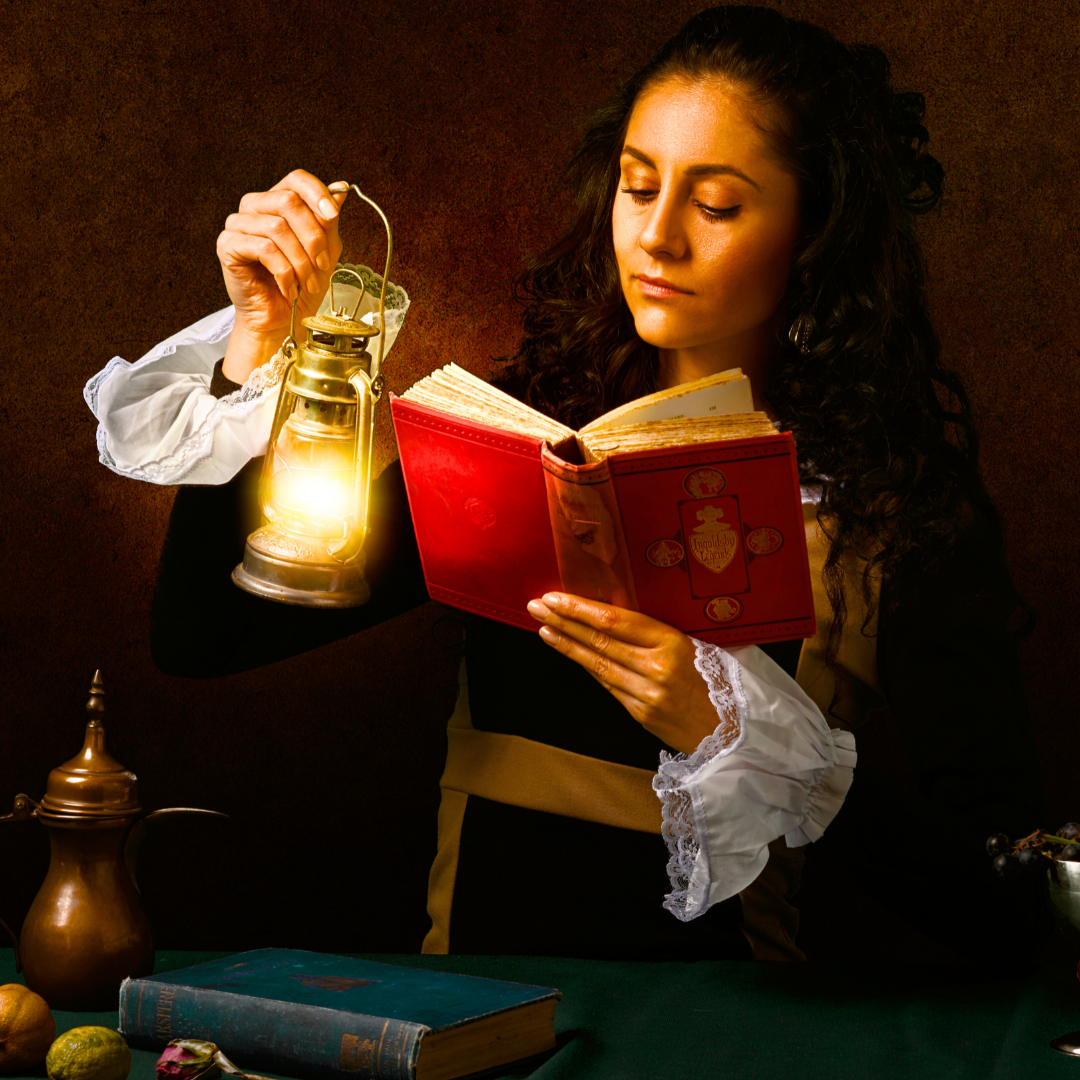
Danielle Heckenkamp explains why literature is necessary for social, moral, and spiritual development.
To believe that literature remains purely in the realm of entertainment is a gross misconception. There is no doubt that reading holy books are an integral part of the pious life, but to disregard fiction as not beneficial towards spiritual growth undermines the importance of collective interactions. As social beings, created by God, it is critical to contemplate communal themes that intertwine our souls through experiences, emotions, and moral dilemmas. It would be an ignorant conclusion to assume that fiction is only recommended for those in school or who desire an escape from spiritual reading. Literature, and the integrate elements that consume fictional works, are necessary for growth both in this earthly life and contain impressionable teachings towards holiness and union with God.
The world of literature provides the reader with a depiction of human nature beyond a single layer of observation. It is through the themes and characters in fictional writing that we are able delve into complicated and theological discussions surrounding human nature. Children’s stories should offer solid examples that encourage goodness and high moral standards but acknowledge the commonality of flaws and mistakes. These lessons are quite apparent in Aesop’s Fables, nursery rhymes, or Grimms’ Fairy Tales that depict adventurous, but relatable stories for young ears to imagine and conclude moral examples. A child will quickly absorb lessons on virtue versus vice from a story, rather than from a disciplinary statement. The development of such themes is introduced to a young reader on a simplistic level, which encourages discovery and correlation to basic childhood questions.

With age grows wisdom, and simple themes develop into complex layers offering an opportunity for discussions on life, faith, love, adventure, and one’s divine purpose on earth. These are the blossoming gifts of fictional stories that encourage readers to seek beyond personal gains and to find their own vices and virtues within the attributes of the author’s characters. Through internal and external conflicts, readers are given a glimpse into personal struggles that naturally plague human nature.
Wholesome stories rarely end in the struggle, but they proceed to bring the characters beyond their frailties toward beauty, truth, and goodness. Such beautiful journeys from vice to virtue can be seen within the writings of Homer, William Shakespeare, Jane Austen, Charles Dickens, The Bronte Sisters, Willa Cather, Louisa M. Alcott, Wilke Collins, Leo Tolstoy, C.S. Lewis, George Orwell, and numerous others. These literary giants are only a fraction of an ocean of writers that trigger the imagination by interpreting human emotions and prompting heroic adventures with underlying moral lessons.
There has been a recent revival in classical literature and the movement has been truly motivational as many readers are investing in the great books and the good books. As a lover of the classics, thanks to my traditional upbringing and classical education, I am grateful for the lessons and writings of these literary giants. Along with these classics, several modern authors have successfully published their fictional stories, and their writings are contributing to nothing short of a spectacular literary renaissance.
It is through wholesome literature that souls can reach beyond individualism and towards God’s beauty. Fictional characters and their circumstances offer the reader a position of safety while undertaking adventures that transform them beyond selfishness and vice, and towards a search of the divine through failures that oftentimes result in the gift of virtue and grace. The promotion of classical literature and the desire towards spiritual growth has created a modern literary renaissance, of sorts, that offers readers, both young and old, an opportunity to delve into some of life’s greatest theological and spiritual questions.
Literature molds the complex facts of life into attractive unpretentious stories offering readers an opportunity to contemplate society’s errors and victories. It is through these works of fiction that the tired, battered soul can discover a route towards beauty, truth, and goodness within the story of another person. That is the ultimate discovery—the story of love between God and His creatures, which encourages growth in holiness and virtue.

Copyright 2024 Danielle Heckenkamp
Images: Canva
About the Author

Danielle Heckenkamp
Danielle Heckenkamp is a stay at home mom and freelance writer who lives in Wisconsin with her husband and six children. Danielle writes about her daily experiences as a mom and love for her Catholic Faith. Danielle is the co-author of a nonfiction book about manners and common sense. You can step inside Danielle s daily life on Instagram.


.png?width=1806&height=731&name=CatholicMom_hcfm_logo1_pos_871c_2728c%20(002).png)
Comments